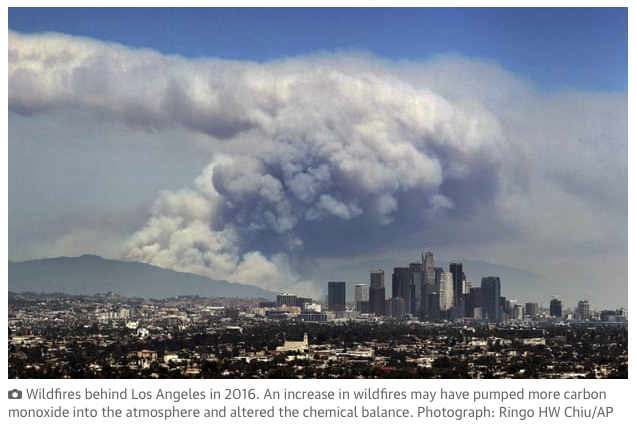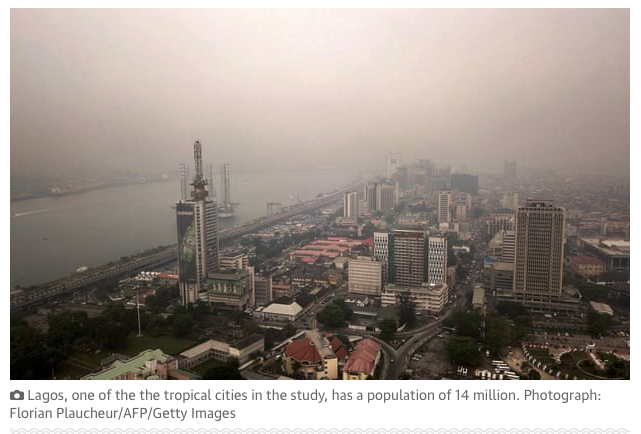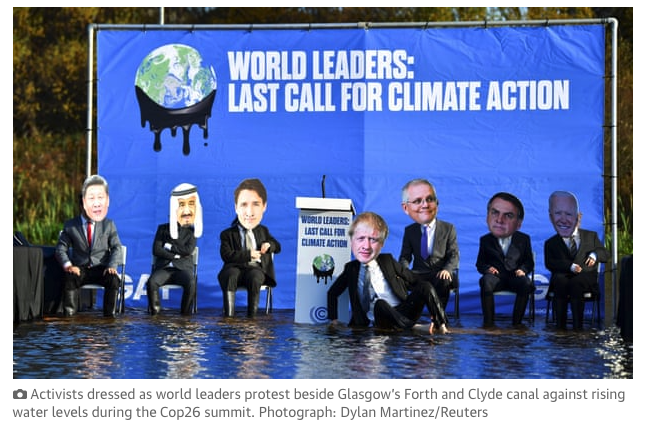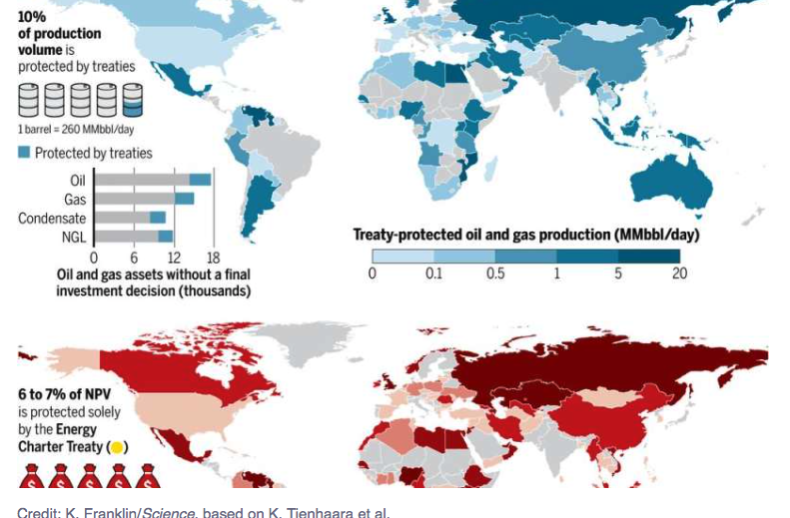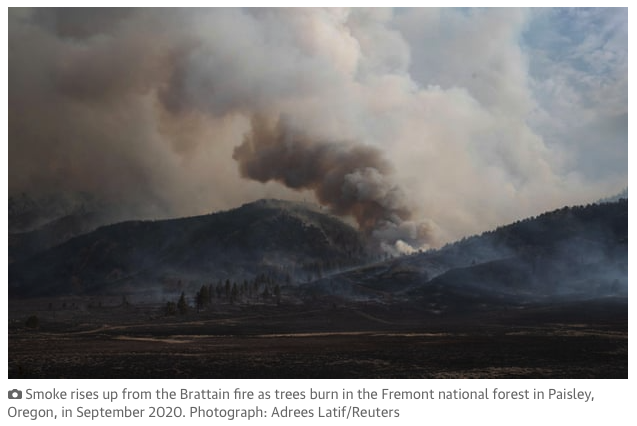Methane is four times more sensitive to global warming than previously thought, a new study shows. The result helps to explain the rapid growth in methane in recent years and suggests that, if left unchecked, methane related warming will escalate in the decades to come.
The growth of this greenhouse gas – which over a 20 year timespan is more than 80 times as potent than carbon dioxide – had been slowing since the turn of the millennium but since 2007 has undergone a rapid rise, with measurements from the US National Oceanic and Atmospheric Administration recording it passing 1,900 parts a billion last year, nearly triple pre-industrial levels.
“What has been particularly puzzling has been the fact that methane emissions have been increasing at even greater rates in the last two years, despite the global pandemic, when anthropogenic sources were assumed to be less significant,” said Simon Redfern, an earth scientist at Nanyang Technological University in Singapore.

